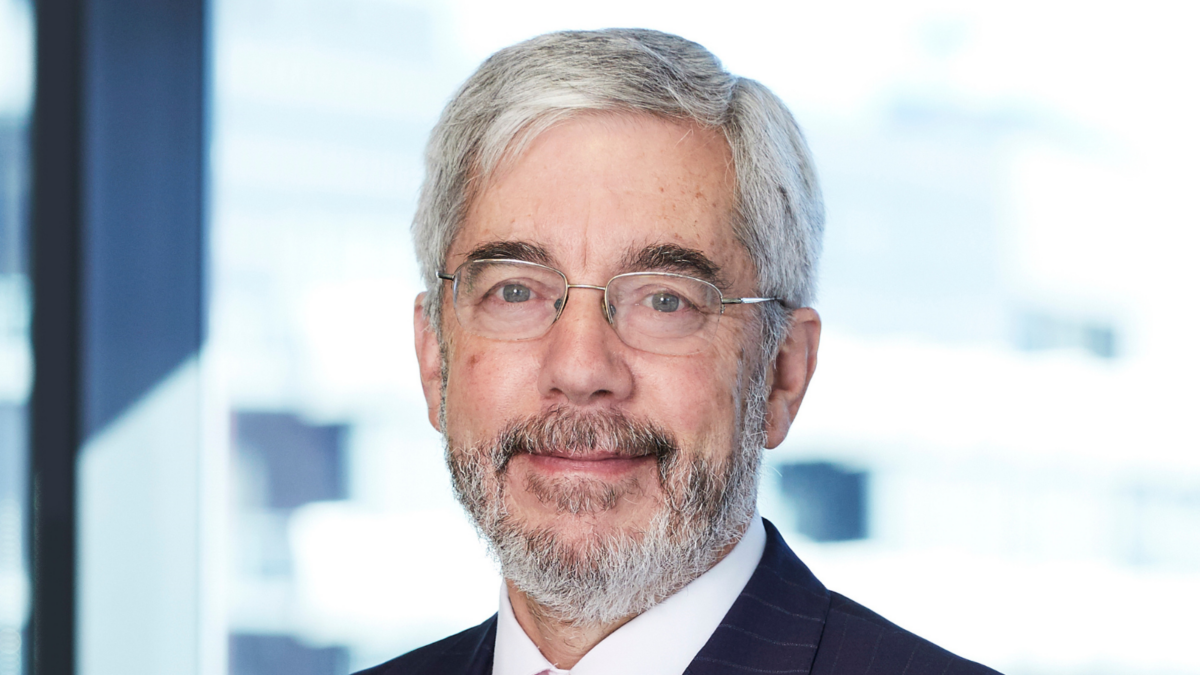Super funds gets a B+ on retirement
Australia’s retirement income system has been ranked sixth for a second consecutive year in Mercer’s 14th annual CFA Institute Global Pension Index, which benchmarks 44 global systems. Australia received a B+ grade, with Mercer senior partner Dr David Knox (photo at top) saying that Australia “needs to shift its culture and focus from accumulation to management and spending of superannuation balances in retirement.”
“The primary purpose of compulsory superannuation has been, for the past thirty years, focused on accumulation of savings for a healthy retirement,” Knox said. “Australia has done this well, and the system continues to perform strongly against global pension systems. But there are opportunities for further improvement, particularly when it comes to retirement income. There needs to be a mindset shift so that members perceive superannuation as less of a nest egg and more of an income for consumption.”
The index uses the weighted average of the sub-indices of “adequacy, sustainability, and integrity”. For each of those sub-indices, the systems with the highest values were Iceland for adequacy (85.8) and sustainability (83.8). and Finland for integrity (93.3). Australia achieved an index value of 76.8 overall, with 70.2 for adequacy, 77.2 for sustainability and 86.8 for integrity.
“On a macro level, if we have an ageing population who have significantly reduced their spending, we risk the economy shrinking, in an environment where reduced wage growth, rising inflation and reduced investment returns across many asset classes has placed additional financial pressures on existing retirement income systems,” Knox said. “This culminates in Australians living below their means.”
“A mindset shift requires time and an investment in education across the community and industry at large. Superannuation fund trustees have published their funds’ retirement strategies which is a step in the right direction. We now need to educate and empower Australians to play a proactive role in managing their super and ensuring that the system supports their transition to retirement.”
Knox used the release of the results to call for “increased collaboration and engagement between government, superannuation funds and employers.”
“Individuals have been assuming more responsibility for their retirement savings for some time; amidst high levels of inflation and rising cost of living pressures, they are doing so in an increasingly complex and volatile environment.”
“While the necessary industry reforms may take time and careful consideration, policymakers must do all they can to ensure retirement schemes are supported, developed and well-regulated so that they are able to serve retirees at an individual level.”










